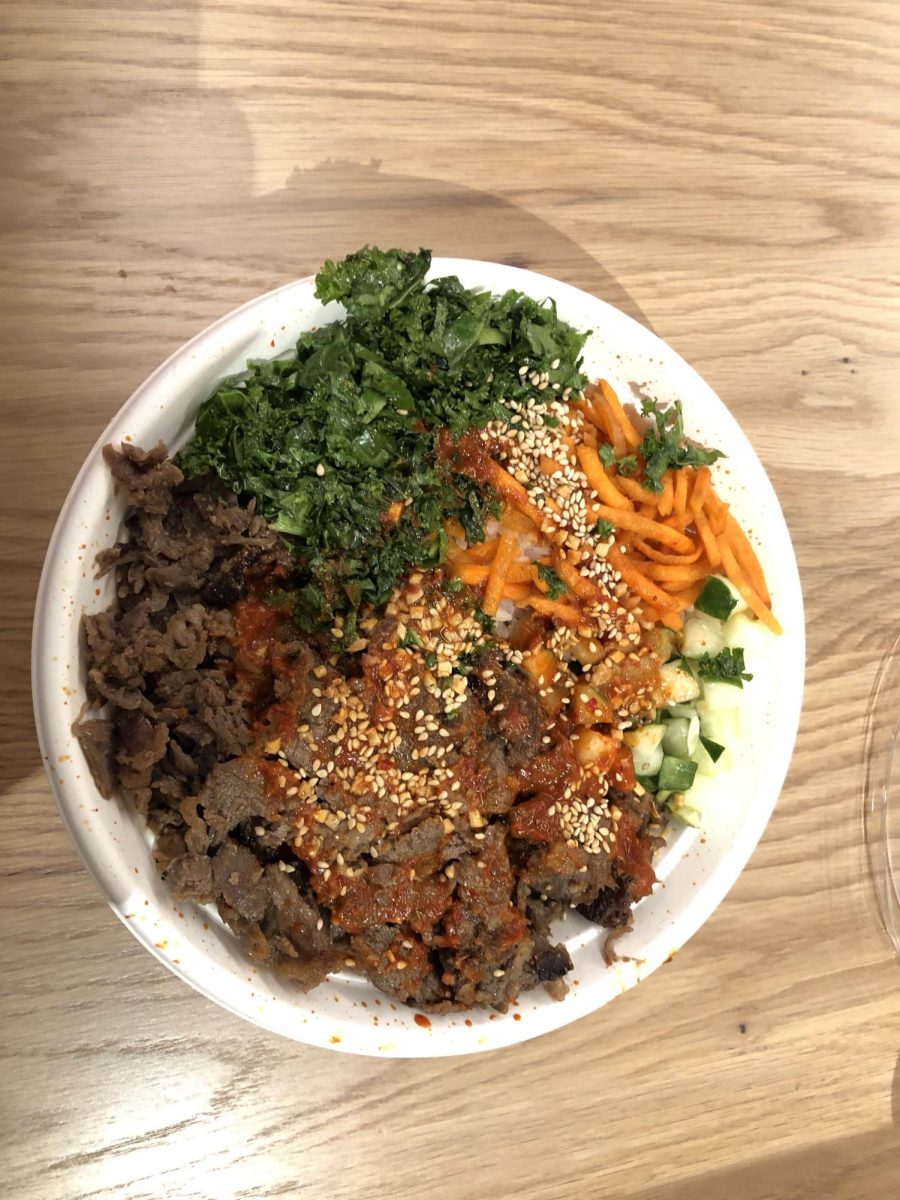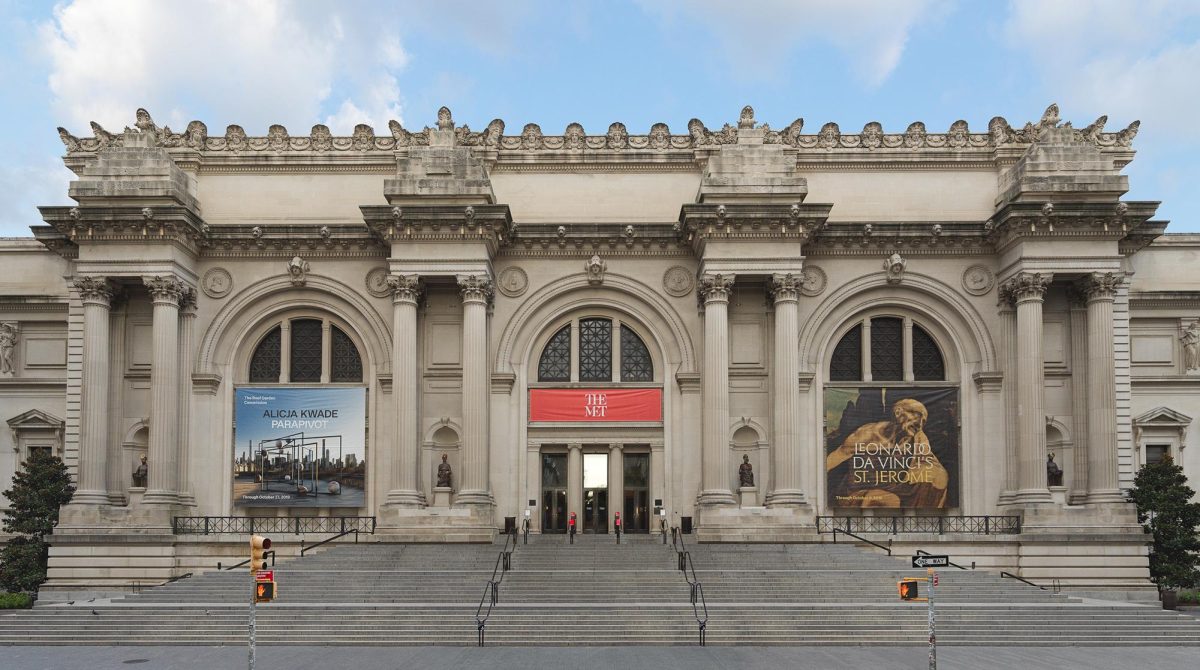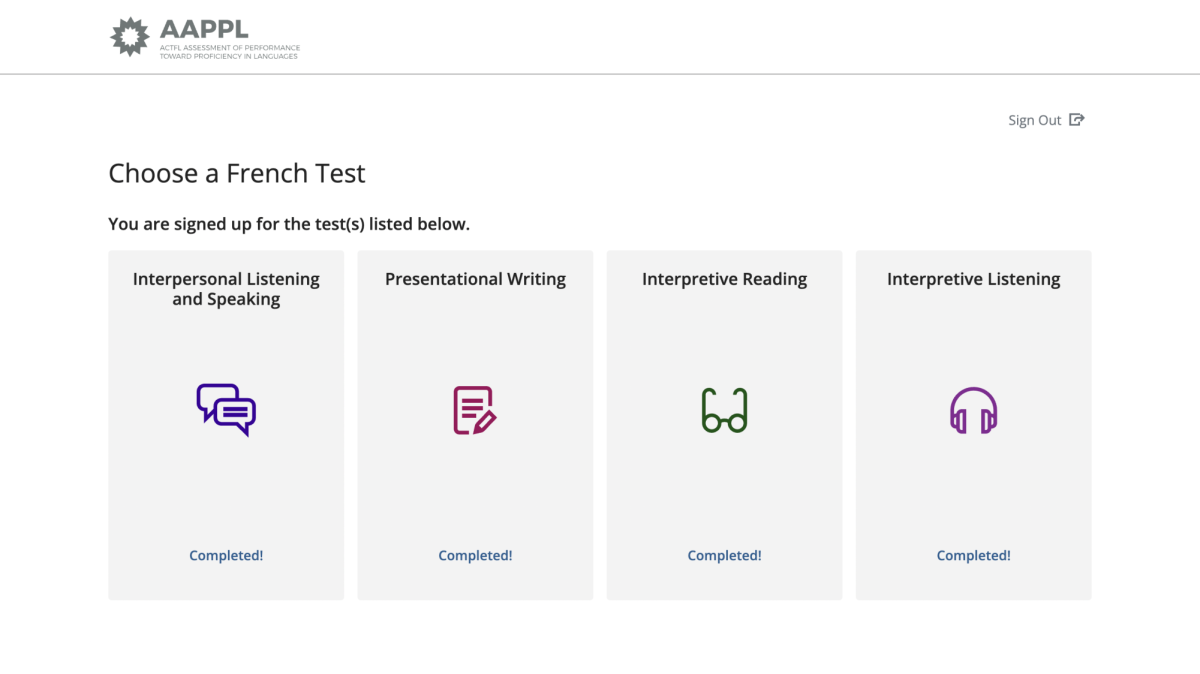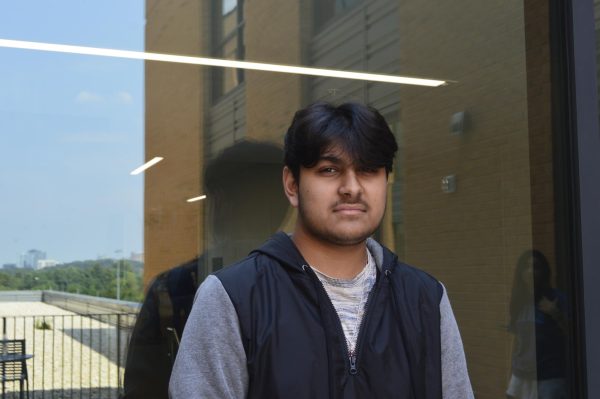The debate over impartiality in the realm of journalism persists. Recent occurrences have thrusted this issue into the spotlight once again, with two notable articles in esteemed U.S. newspapers adding fuel to the fire.
A Feb. 2, 2024, op-ed in The Wall Street Journal painted a Michigan city, home to many Arab immigrants, as a hotbed of sympathizers for antisemitic terrorism.
Simultaneously, an op-ed in The New York Times depicted the U.S. as a lion locked in a struggle with Iran – whom they likened to a “parasitoid wasp” – and Hamas – characterized as a “trap-door spider,” executing swift, predatory maneuvers. Critics swiftly assessed these pieces as Islamophobic, accusing them of regurgitating racist stereotypes.
The scrutiny extends to broadcast media as well. According to The Guardian, CNN faces allegations of pro-Israel bias, with accusations that Israeli official statements receive preferential treatment and favorable on-air portrayal, while statements from Palestinians, even those unaffiliated with Hamas, often face delays or remain unreported.
A notable incident involved former Israeli intelligence official Rami Igra’s assertion on CNN that the entire Palestinian population of Gaza could be deemed combatants – a statement left unchallenged.
On the flip side, Jonathan Greenblatt, CEO of the Anti-Defamation League, has accused U.S. media of a bias that dehumanizes Israelis while sanitizing Hamas. During an appearance on MSNBC’s “Morning Joe” in Oct. 2023, he raised concerns over the network’s portrayal of Hamas, questioning the narrative’s architects.
Yet, bias allegations aren’t confined to the U.S. In the U.K., the state-funded BBC has found itself at the receiving end of complaints regarding its coverage of Gaza from both sides.
Given the volley of bias accusations from each side of the conflict, what does academic research reveal about prejudice in newsrooms?
While some studies support claims of anti-Israeli bias in media, particularly in German and British newspapers, the picture in U.S. publications remains mixed. However, a broader analysis of media coverage paints a different picture, with leading U.S. outlets often displaying greater sympathy towards the Israeli perspective than that of the Palestinians.
During the first Palestinian uprising, or intifada, spanning from 1987 to 1993, U.S. media coverage consistently exhibited marked biases. Analyses indicated a tendency to prioritize Israeli casualties despite higher Palestinian death tolls.
The reliance on Israeli sources shaped the narrative, omitting crucial context such as the illegality of Israeli settlements on occupied Palestinian lands. This oversight obscured the correlation between expanding settlements and an escalation in Palestinian attacks, thus hindering a comprehensive understanding.
Selective coverage has the potential to align with Israeli claims of self-defense, as highlighted by scholars Howard Friel and Richard Falk in their 2007 analysis of The New York Times’ coverage of the second intifada. Attacks in Palestinian territories seemed framed in a manner supportive of Israel’s stance.
The portrayal of Palestinian suffering, including fatalities, home demolitions, and daily humiliations, tends to be downplayed both in language and frequency compared to Israeli experiences. Media law scholar Susan Dente Ross emphasized in her 2003 study how U.S. media often labeled Palestinians as aggressors rather than victims, thereby normalizing their losses and suffering.
The issue of sources further fuels the debate. A 2006 study by scholars Kuang-Kuo Chang and Geri Alumit Zeldes revealed that three in every four major U.S. outlets consistently favored Israeli sources over Palestinian ones, giving Israeli officials more positive coverage. Palestinian officials were largely absent from quotations, the study noted.
The Intercept, earlier this year, has also noted the ongoing bias against Palestinians: “[News outlets] used emotive language to describe the killings of Israelis, but not Palestinians; and offered lopsided coverage of antisemitic acts in the U.S., while largely ignoring anti-Muslim racism.”
Studies indicate that AI systems often perpetuate existing societal biases while faking neutrality. On Oct. 19, Meta issued an apology for incorporating the term “terrorist” into Instagram profile translations that included the words “Palestinian” and “Alhamdulillah” (meaning Praise be to God), along with the Palestinian flag emoji.
Now, that death is consuming Palestine; representing them fairly is the least we can do.










